We’ve all heard the frightening figure; nine out of ten new food and drinks businesses fail, often within their first year and sometimes even before opening. Why, then, is opening a little cafe, food truck or even a fully fledged restaurant a recurring, resolute dream for so many? Perhaps we’re ignorant to the dangers, maybe we’re blinded by the bright lights, or could it be that we’re just gluttons for punishment?
It’s probably a little of all three, but more than that, it’s down to passion, and a love for all things delicious. If we haven’t put you off yet and you’re an aspiring restaurateur on a mission, then check out these secret ingredients for a successful food business startup on a budget.
Start Small
Sure, we’d all love to get straight into the bricks’n’mortar without first laying any foundations. But we all know how that story ends, with the walls crumbling around you.
Instead, start off small, and by that, we mean micro. So many restaurant success stories of late started as a supper club, pop up or market stall, effective in generating a buzz around their idea without actually having to make the huge investment required to open a four-walls joint immediately.
It also pulls in investors, who’ve tried and understood the clarity of your concept, and can get experts on board who are excited about your brainchild and want to get involved, both financially and with invaluable knowledge.
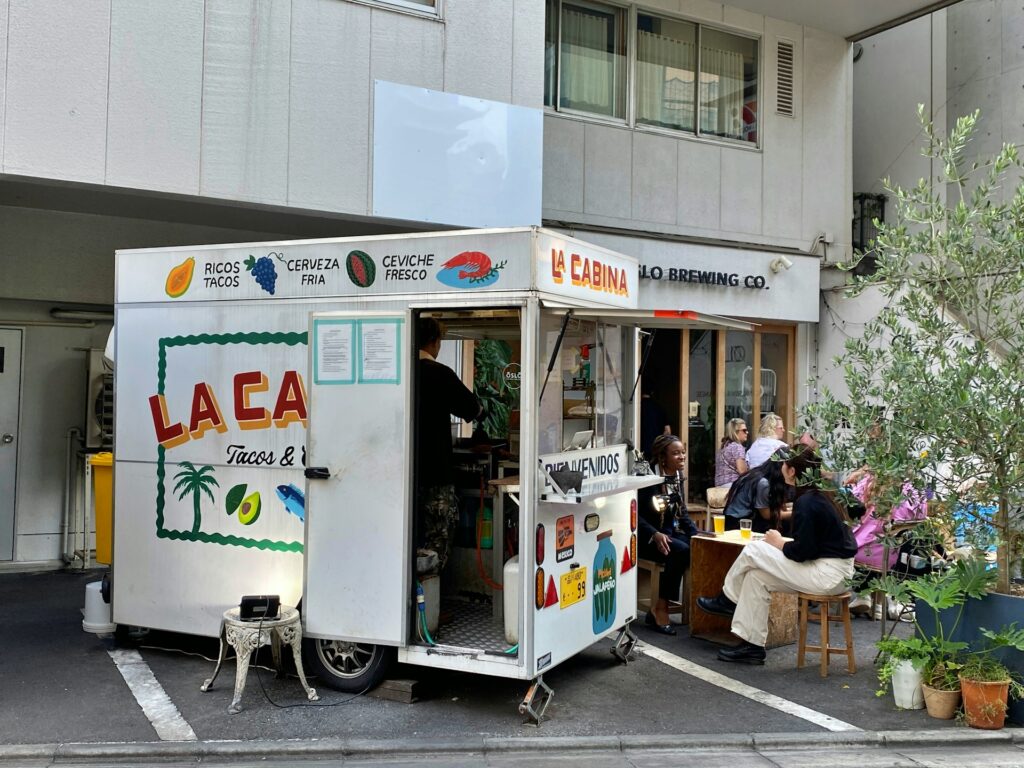

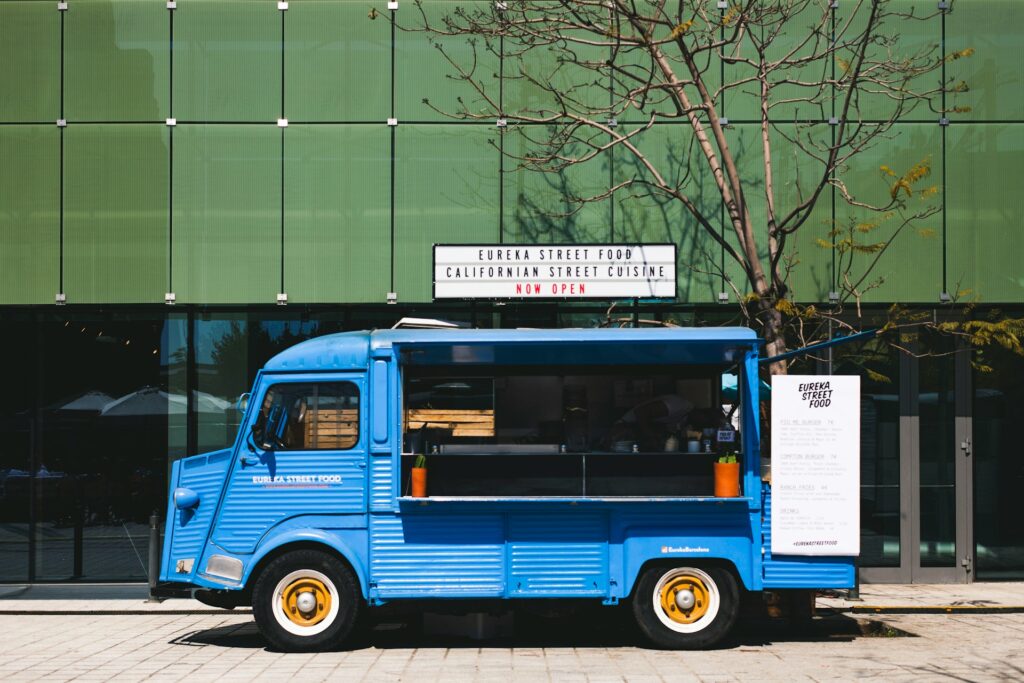
Having The Right Location
The location of your new food startup can be hugely important. If you are opening a restaurant, you need to know that people will be able to get to you, and that there will be enough people walking past to attract passing trade.
If you are producing food for other stores to sell, then you need somewhere that you can equip with the machines and storage that you need, while also having the necessary space for you and your employees. You can either rent a space and add all of the equipment yourself, or you can find a production kitchen for rent. These kitchens are fully equipped and ready to use, with everything from stainless steel surfaces and rational ovens to a walk in fridge, so it can be easier in the beginning to use this solution.
Regardless of how your business will be run, it is important to think of where you can make a solid base for your company, providing the right foundation for generating a buzz around your business, which is everything. You will then be able to focus on the next step of the journey.
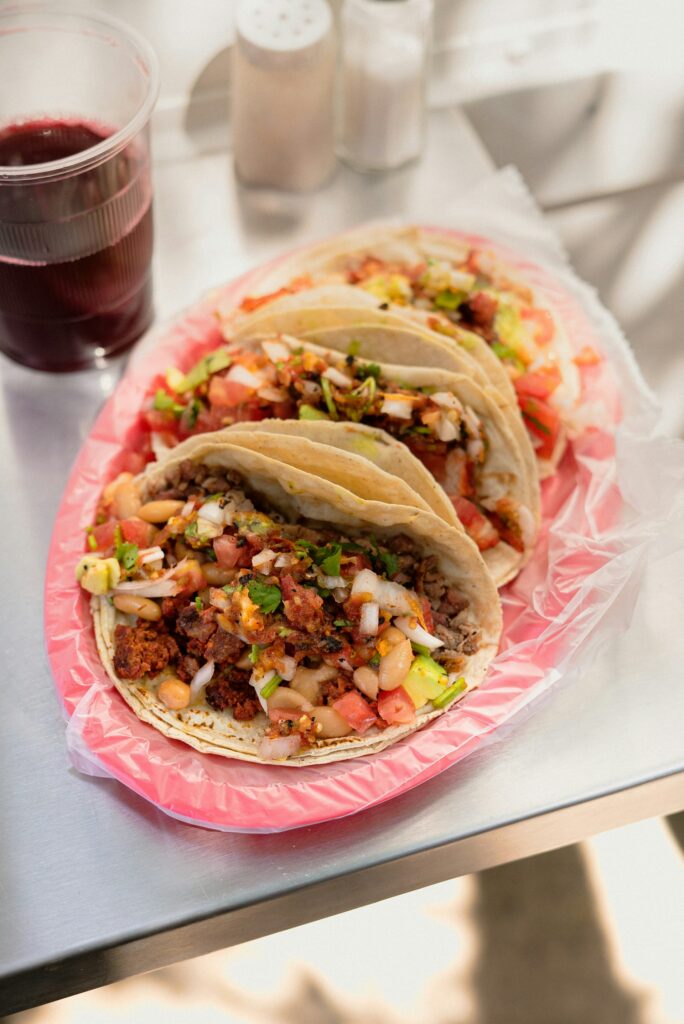
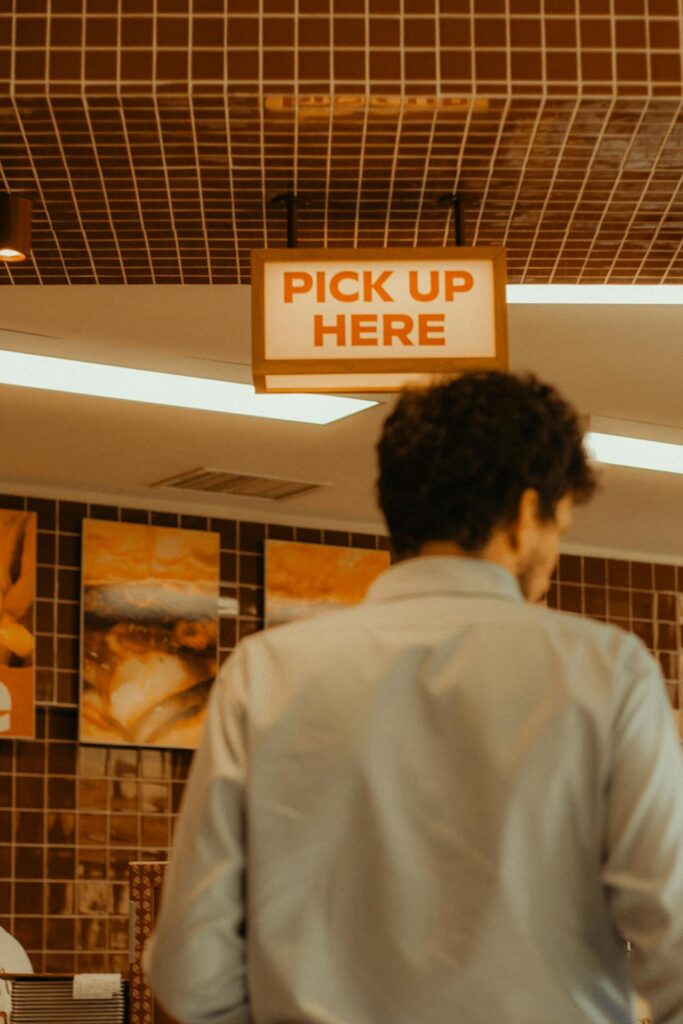
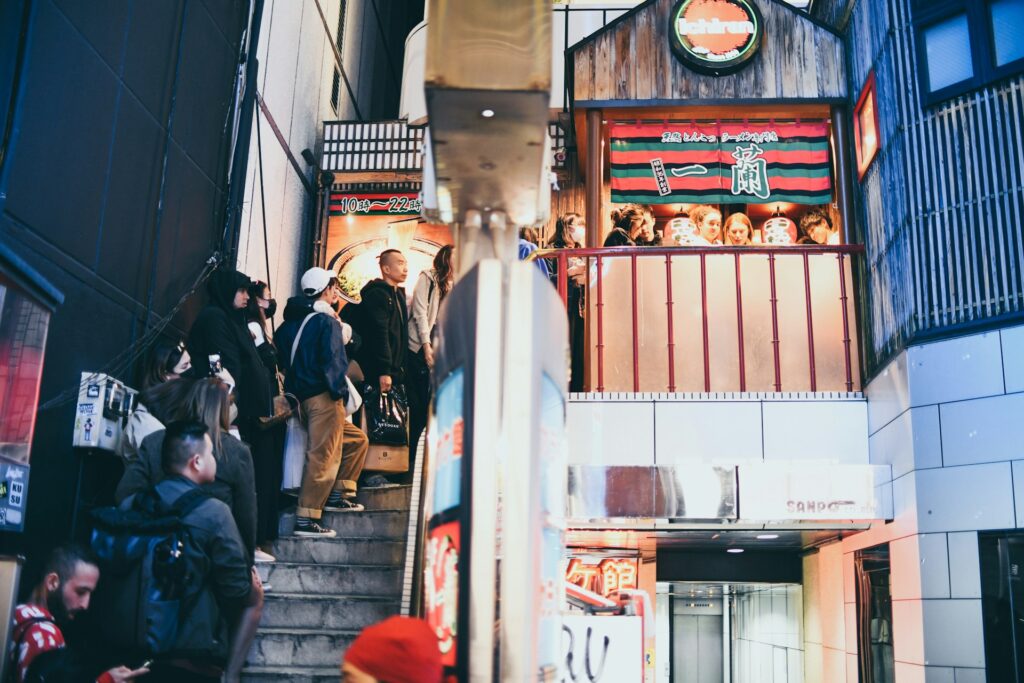
Hiring Larger Equipment
When starting a food business on a budget, purchasing large equipment like freezer rooms or walk-in fridges, commercial ovens, or industrial mixers can be a significant expense. A cost-effective alternative is hiring equipment instead of buying it outright.
Hiring a freezer room, for instance, offers substantial cost savings by avoiding hefty upfront costs, freeing up capital for other essential areas of your business. It also provides flexibility, allowing you to upgrade or switch out equipment as your needs change, which is particularly useful in the early stages. Maintenance and repair costs are often included in the rental agreement, ensuring your equipment is always in good working order without unexpected repair bills. Additionally, rental payments can often be deducted as business expenses, potentially reducing your overall tax liability.
When looking for equipment hire services, choose a reputable company with positive reviews and a track record of reliability. Ensure the company offers a wide range of equipment to meet your specific needs and provides flexible rental terms. Opt for a company that offers excellent customer support, including delivery, setup, and ongoing maintenance services.
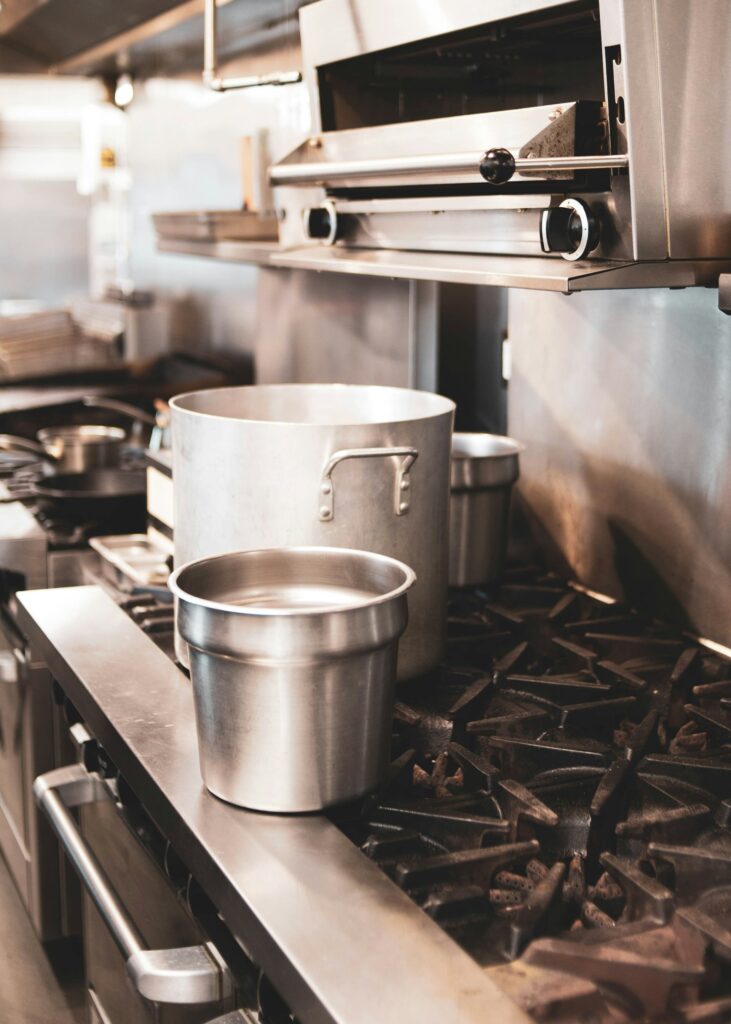
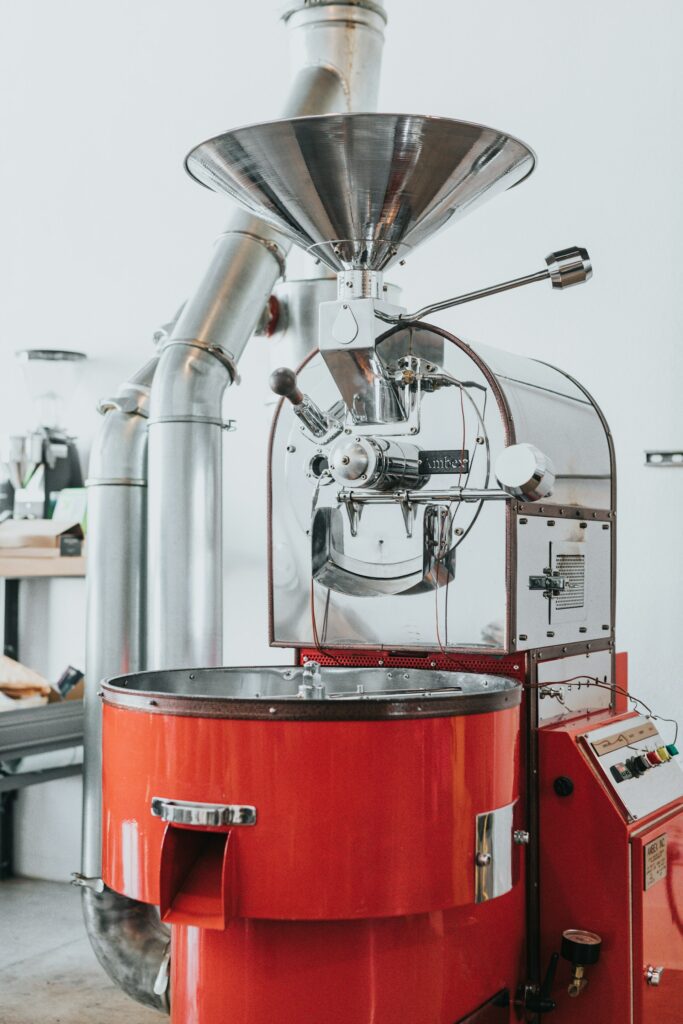
Before hiring equipment, assess your specific needs and plan accordingly. Ensure you have adequate space and that your premises can support the power requirements of the equipment. Consider how often you will use the equipment; hiring is likely more cost-effective for occasional use, while constant use may warrant comparing long-term costs of hiring versus buying.
By opting to hire larger equipment, you can manage your startup costs more effectively, maintain flexibility, and ensure your business is equipped with the tools it needs to succeed. This approach allows you to focus on delivering delicious food and creating a memorable dining experience for your customers.
Consider Crowdfunding
Once you’ve generated a buzz around your brand via a mix of a consistent, delicious offering, spoken word and social media marketing, consider crowdfunding to generate the finance needed for your transition to a fully fledged business proposition.
Kickstarter and Go Fund Me are just two of the many platforms now available; the one constant is the fact that you need to be militant about your marketing in the period running up to launching your foodie business, and during it, keeping your restaurant high on the trending lists and on the lips of influential food influencers, bloggers and reviewers.
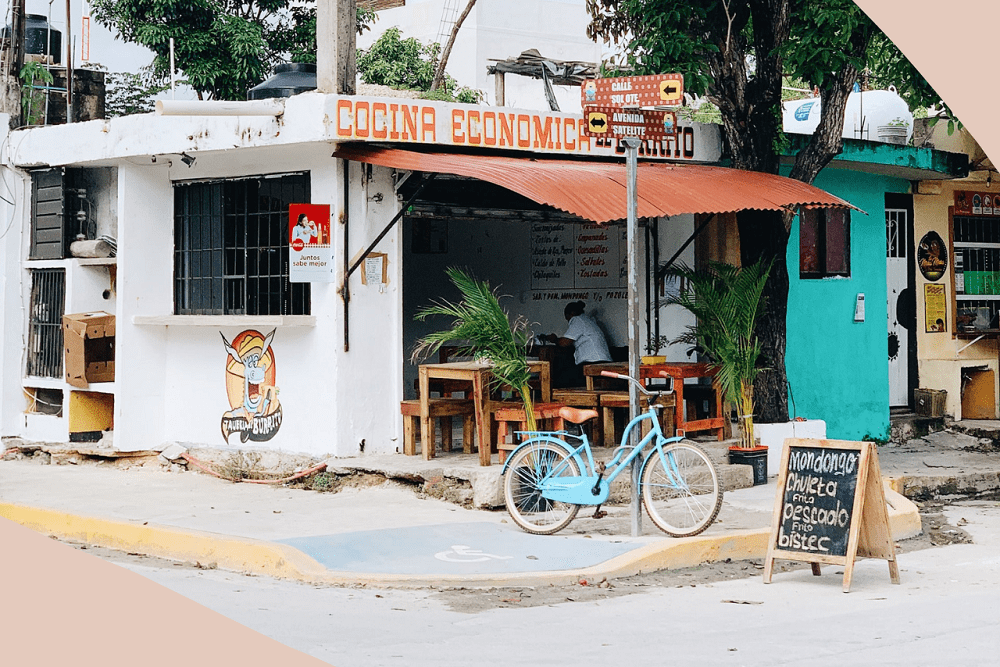
Identify Your Audience
Before you create one dish, you need to know who will be buying your products. Identifying your target audience will be crucial to the development of your products, because you will then be able to adjust those products to your target customers’ taste.
It may be that you need to change certain things to make your products more appealing to a wider group of people, but that you still want to add your own style and signature to it.
Creating market research and surveys will tell you what people are looking for, and you can also discover which demographics would be most interested in your products. This is valuable information, especially when it comes to advertising and branding.
What you want to achieve in the end is a good balance between differentiation and demand. This means having a product that is unique, but that is also desired by many people.



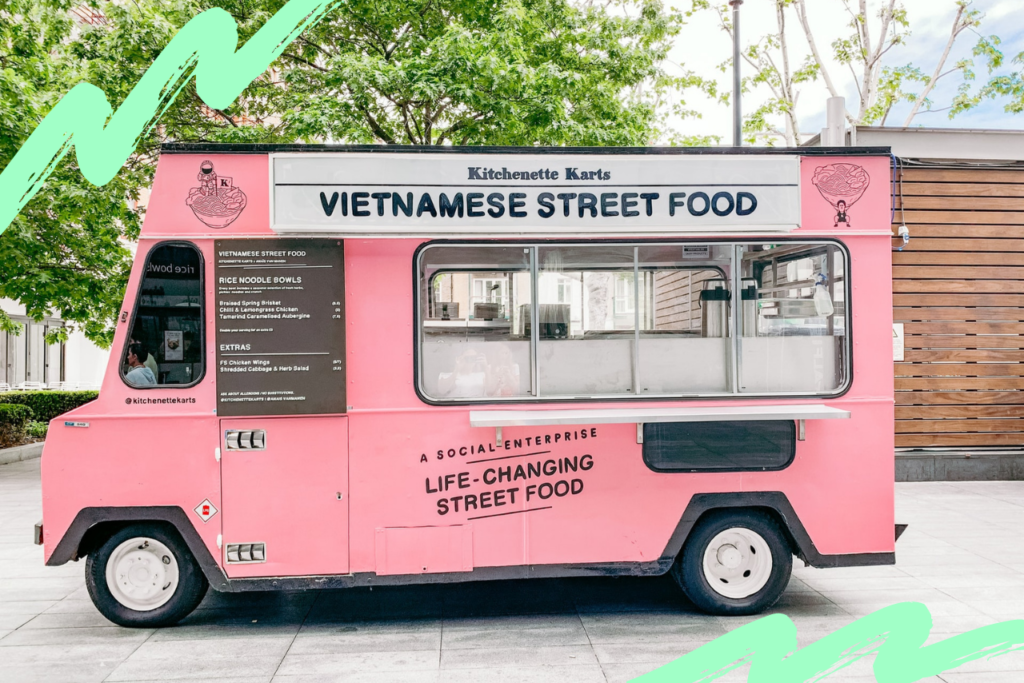
Find Your Niche Within A Popular Field
With every man and his dog now a connoisseur on all things culinary, it’s no good to simply offer, for instance, ‘authentic Mexican’ and hope for the best. Of course, in a country so large and diverse, there’s no such thing.
If you’re going to get punters’ attention and land a dedicated following, it’s a wise move to go really niche with your offering, to stand out from the crowd. How about ‘Authentic Torta Ahogoda from the Zona Rosa district of Guadalajara’? Like catnip to credibility chasers.
Read: 5 IDEAL kitchen basics for small restaurant owners
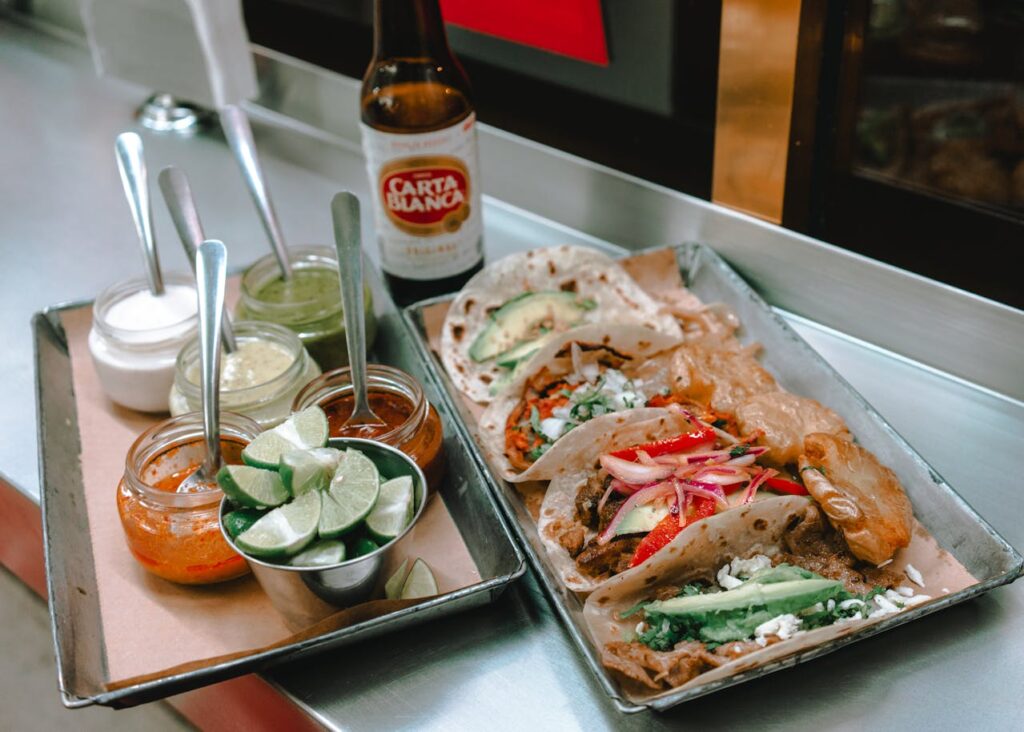
Source Cheaply
You’re only just starting out, income is yet to be generated in earnest, and cash flow is always a problem early on in a food business’ life. Therefore, in terms of furniture, furnishings and appliances, it’s important not to blow your budget; you’ll need money put aside as a buffer to deal with the inevitable unpredictabilities and emergencies which befall every new food operation.
For storage and transportation of ingredients, durable Euro containers at caterbox.co.uk offer an affordable solution that can withstand the demands of a busy kitchen whilst maintaining proper food hygiene standards. These stackable plastic boxes are perfect for organising your prep area and keeping ingredients fresh.
Since the majority of food trucks run solely on electricity (and usually electricity provided in fairly unreliable settings like parking lots), you’ll likely need a generator in case of power failure. Do be warned; these tend to be pretty expensive.
Consider antique shops, auctions or eBay for furniture and second-hand equipment retailers for fleshing out your kitchen.
Practicality Over Passion
Do you hear that sound? Is it the hiss of your fire being extinguished? We hope not. It is, however, important to emphasise that practical considerations are just as crucial to business success as your quest to use the best ingredients, using the most traditional methods and paying as much lip service as you can to authenticity.
Of course, your passion is what drives the project, but if you’re not prioritising the tastes of your customers, then you’re going to meet difficulty earlier than you think.
Hey, while you’re here and keen on taking your start-up seriously, why not check out these 4 IDEAL market research methods for food businesses?





